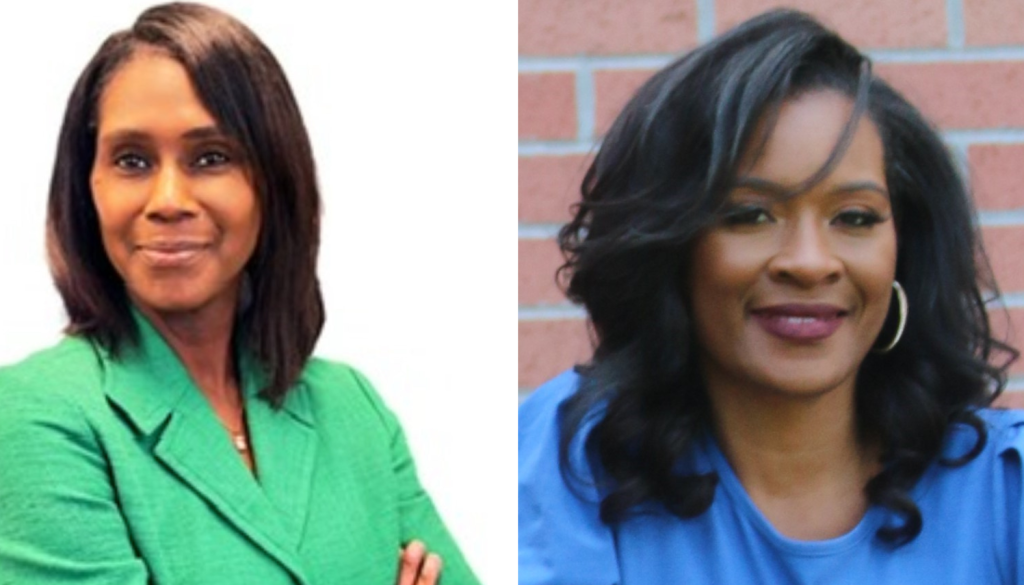Celebrating 10 years of impact, the nonprofit is embracing innovation and growth to strengthen its mission of healing and empowerment for Black girls and girls of color.
For more than a decade, The F.I.N.D. Design has worked to create safe, healing spaces for Black girls and other girls of color in Nashville. As it marks its tenth anniversary, the organization is entering a bold new era — pivoting toward AI and automation to strengthen both its programming and operations.
Founded in 2013, The F.I.N.D. Design has grown from grassroots beginnings at a local community center into a trusted partner for Metro Nashville schools. Its culturally responsive model blends sisterhood mentoring circles, access to mental health professionals, and training for educators to better support girls of color. The organization now serves hundreds of students each year and has built a reputation as one of the region’s most innovative youth-serving nonprofits.
“At The F.I.N.D. Design, we’ve always believed in meeting Black girls where they are and honoring their full humanity,” said Kara James, co-founder and executive director. “The data tells us our girls face unique challenges — from suicide rates rising 182%, to suspension rates five times higher than their peers. But what drives us is not just the statistics — it’s the commitment to build safe spaces and culturally competent programs that affirm their brilliance, resilience, and right to be heard.”
The organization’s board of directors has been supportive of the forward-looking strategy. Together with leadership, the board is committed to expanding services, adopting new technologies, and ensuring that the next decade of growth is even more impactful than the first.
“As Board Chair, I couldn’t be more excited about this new chapter,” said Aleshia Curry. “We’re not only continuing our work in healing and mentorship, but we’re preparing our girls for the future. The job market they’ll enter looks nothing like the one we grew up in, and incorporating AI and innovation into our model ensures they won’t be caught flat-footed. This is about equipping them to thrive and lead in a changing world.”
The new hires, Savitri Matthew (Vice President of Operations & Innovation) and Renee Jones (Vice President of Strategic Initiatives), bring expertise in nonprofit leadership, technology, and program development. Together, they will help The F.I.N.D. Design expand its reach, prepare girls for the future workforce, and streamline systems so resources remain focused where they matter most: the girls themselves.
Savitri Matthew is spearheading the nonprofit’s move toward automation and transparency. “We’ve developed systems that handle everything from grants and volunteers to program management and donor dashboards — all in real time,” she said. “This frees our team to focus on the mission while giving funders clear visibility into their impact. And we’re looking ahead to virtual reality spaces where girls can collaborate and create safely together. For us, innovation is equity.”
For Renee Jones, the mission is deeply personal. “I am a Black woman and a mother of a Black daughter. I know what it’s like to grow up without the resources The F.I.N.D. Design now offers,” she explained. “Too often, our girls question their worth because of the message’s society sends them. Being part of this work means helping them see their beauty, strength, and potential much earlier than I did. That’s why expanding into more communities and reaching more girls is so important to me.”
The F.I.N.D. Design is positioning itself as a national leader in innovation and equity for girls of color. With new leadership, a tech-forward strategy, and a decade of proven impact, the organization is inviting partners, funders, and community members to join in reshaping the narrative for Black girls everywhere.
“We are growing fast, and at one time we had 21 schools on our waiting list,” James said. “That’s why it was so important to bring in leaders with both the passion and the systems expertise to keep pace with our vision. We don’t see ourselves only in Nashville — every state deserves to have access to these services, because they are that important.”


